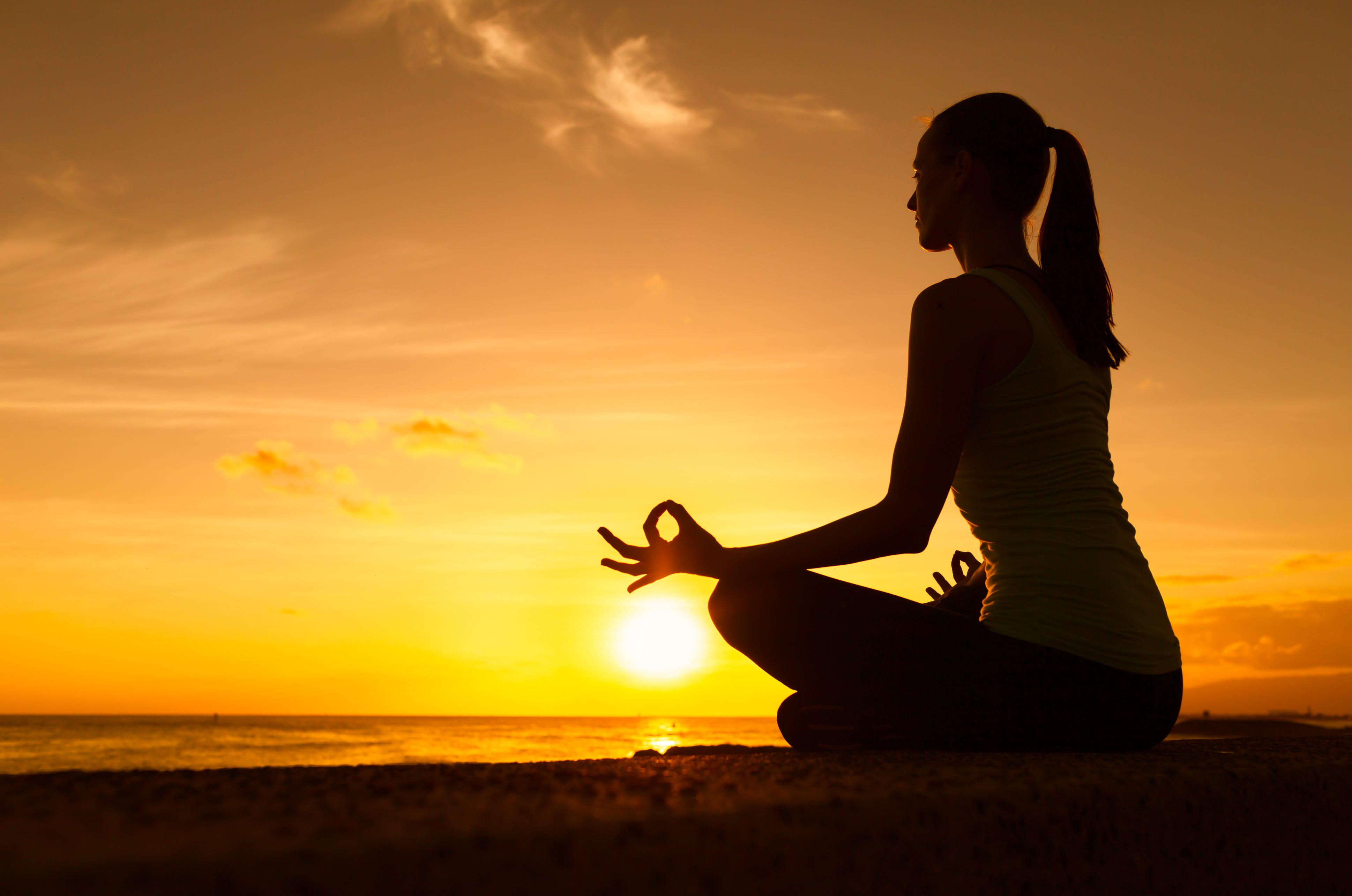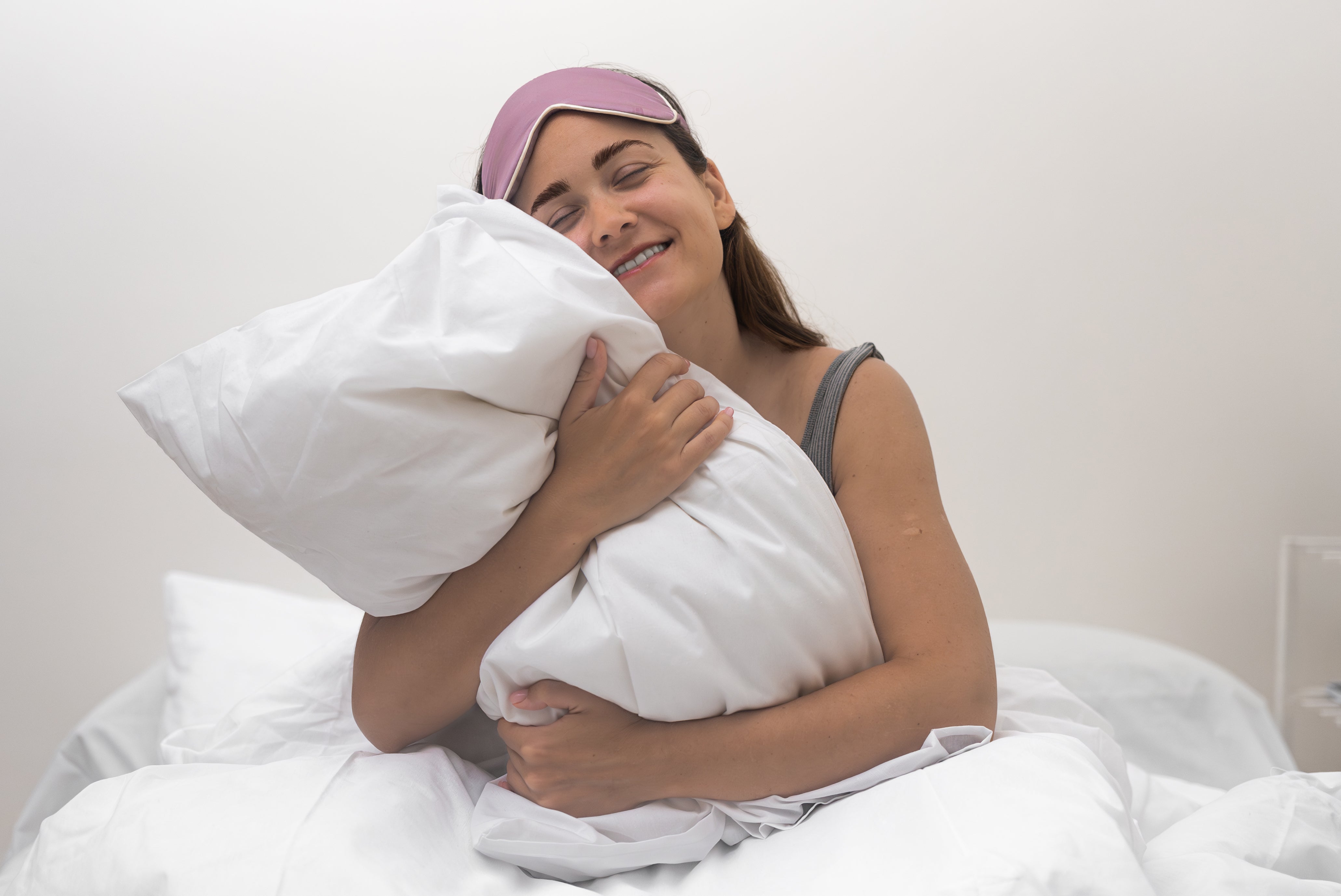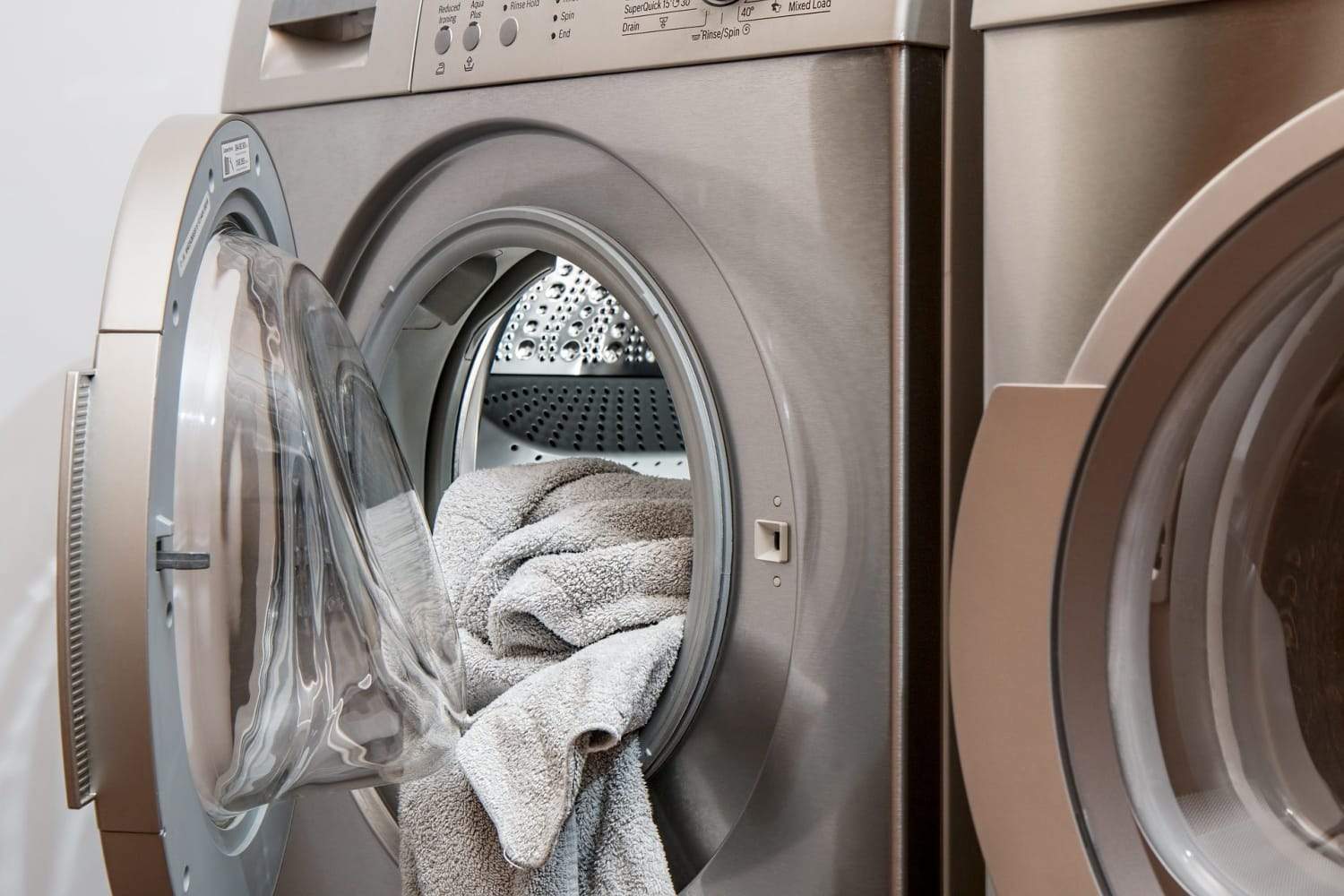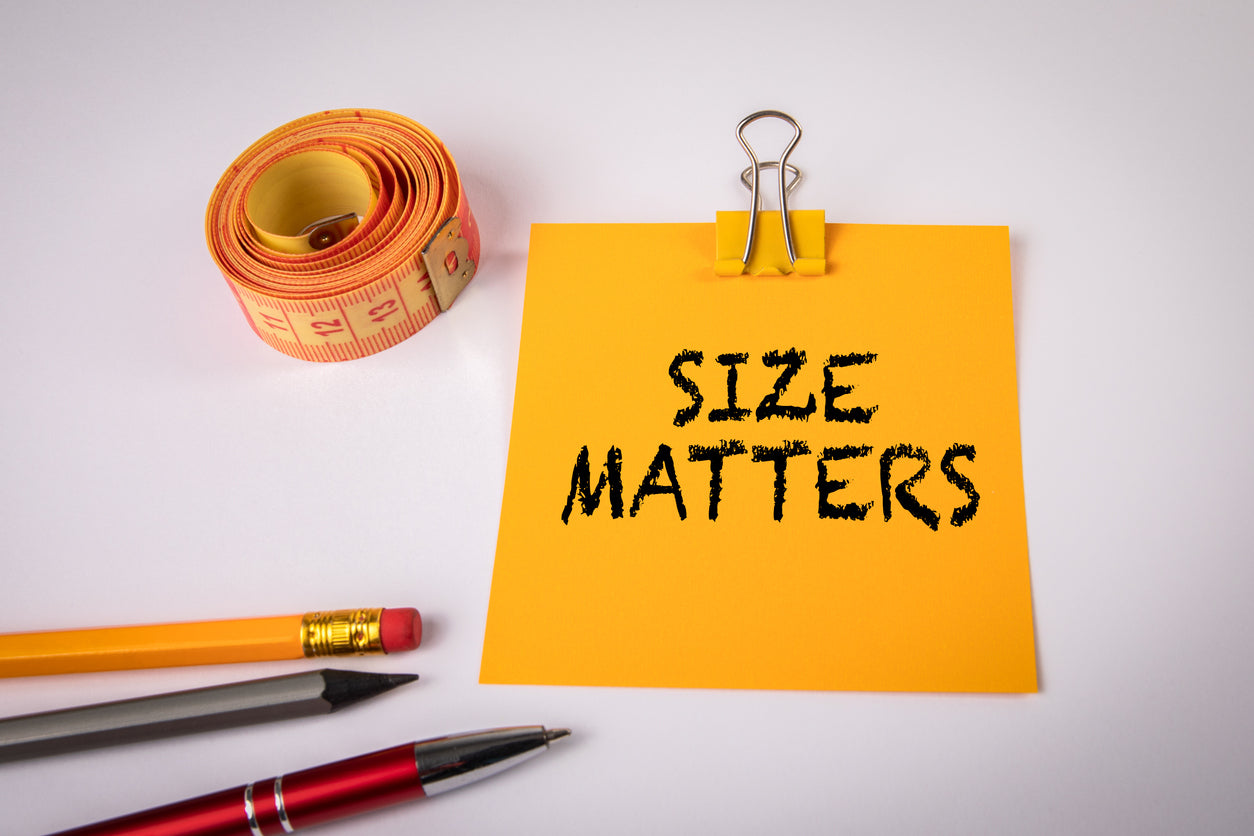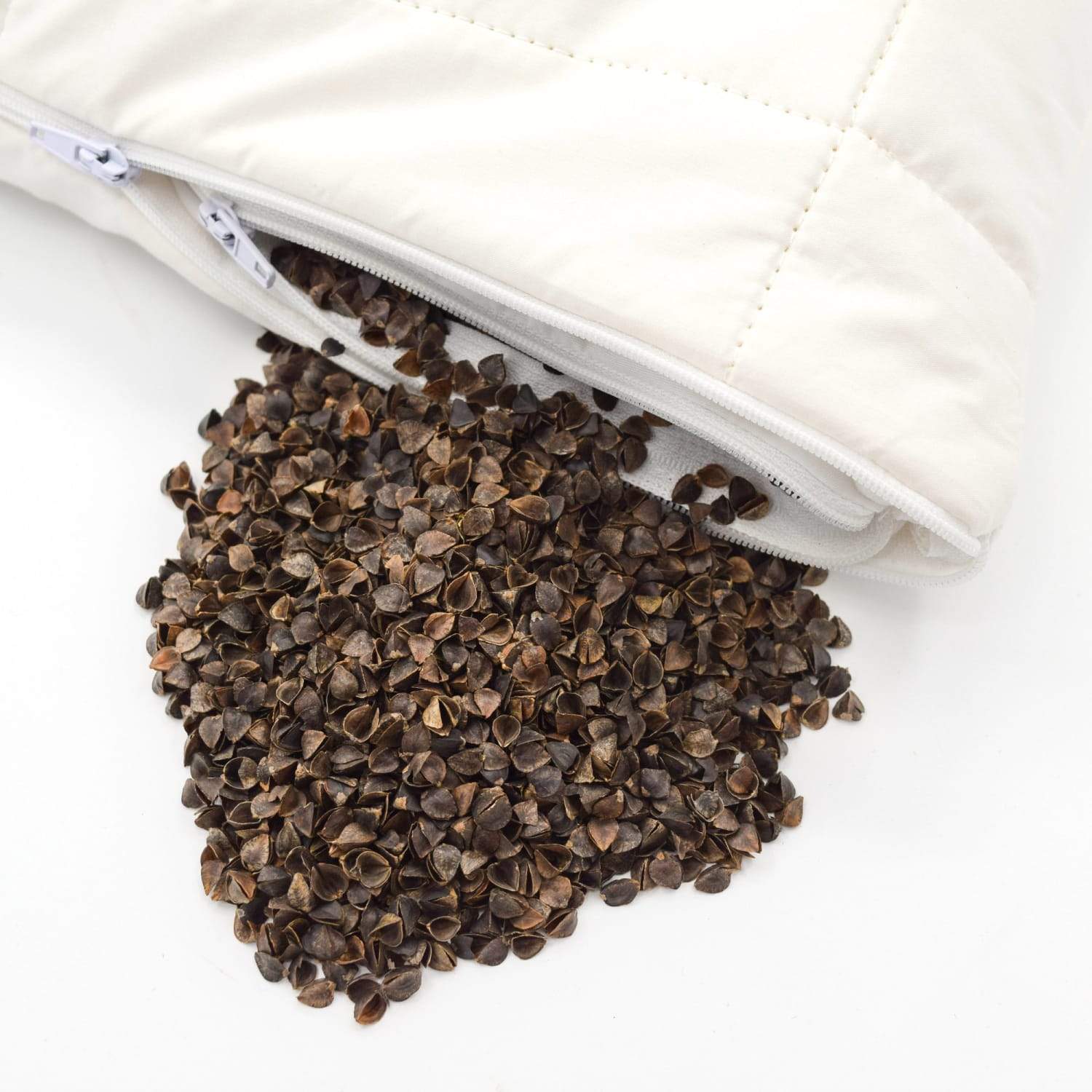There is another pandemic sweeping the nation. It’s not talked about as much and strikes in the night when you are trying to fall asleep. It’s what neurologists and sleep experts had dubbed COVID-Somnia or Coronasomnia.
Since the pandemic hit the US roughly a year ago, there has been a significant increase in sleep disturbances. This includes insomnia, hypersomnia, misuse of sleep medications, and night terrors. According to Rachel Marie E. Salas from Johns Hopkins Center for Sleep, “All outpatients are suffering from shifts in their sleep patterns due to their fears about getting the virus, concerns about loved ones, not being able to go to work, not having social contact with others.”
According to Neurology Today, the changes to our daily schedule have had a negative impact on our sleep. Many people are now unemployed, working from home, and following stay-at-home orders, which has reduced the amount of time spent outdoors. People have been spending more time in front of electronics and blue light, which affects circadian rhythm. There has also been an increase in daytime napping and media consumption, further disrupting sleep.
The Sleep Foundation has also found that an increase in depression and isolation, family and work stress, anxiety, and stress-related fatigue has contributed to the increase in sleep disturbances.
The Importance of Sleep During COVID
Sleep is always important; however, it becomes even more so when navigating a pandemic and changing socio-economic situation. Sleep disturbances put individuals at risk for further physical and mental health issues.
Research has found that individuals who get less than 5 hours of sleep a night are 4.5 times more likely to acquire a virus (when exposed) due to a weakened immune system. When we sleep, our bodies ’ defenses increase. Even with a vaccine, studies show that a lack of sleep can make them less effective.
Phillip Cheng from Henry Ford Health System says that these sleep disturbances create further issues in regards to mental health. Ford noted, “It’s a vicious cycle: when you lose sleep, your emotions can feel more intense. Your ability to regulate emotions can also become diminished, so existing stressors become more stressful, and the ability to calm down becomes more impaired.” A lack of sleep can worsen or create new mental health issues. When you get adequate amounts of sleep, your mood is better, and you feel more optimistic and ready to take on daily tasks.
This coronasomnia took hold of Americans quickly. In April 2020, about a month since our lives were first impacted, Express Scripts saw a 14.8% increase in sleep prescriptions being filled. Long term use of sleep medications has dire consequences as it can worsen sleep quality and cognition.
Reducing Coronasomnia
If you have found yourself struggling with sleep more than usual, you are not alone. Even with nowhere to go in the morning, a lack of sleep can wreak havoc on your physical and mental health. Fortunately, there are natural remedies that can help you improve the quality of sleep during this pandemic.
Take melatonin supplements.
Melatonin is a natural supplement that can help anchor the circadian rhythm. Sleep experts recommend taking it 2 hours before bedtime to help regulate your system and get you falling asleep.
Stick to a sleep schedule.
Reducing daytime naps and going to sleep and waking at the same time can improve your sleep. It may take some time for your body to naturally catch up with the routine, but once you have it, you will find yourself falling and staying asleep more consistently.
Reduce media intake at least 1 hour before bedtime.
With so much going on in the world, it can be tempting to turn on the evening news and scroll through social media right before bed. This heightens anxiety levels and make it more challenging to fall asleep, and the blue light from your electronics trick your brain into thinking it’s daytime. Instead, avoid watching anxiety-provoking media before bed.
Have a comfortable designated sleep space.
Initially, working from home may have seemed fun, and it was exciting to be able to work from your bed. Unfortunately, spending your waking hours in bed will make it more challenging for you to fall asleep when it’s time. Use cool, comfortable bedding and pillows. Tossing and turning from neck or back pain caused by bad pillows won’t help. Try a buckwheat pillow (aka sobakawa pillow) or a millet pillow that will help keep you cool and support your head and neck.
Keep the temperature low.
A cool room is proven to help you sleep better. Doctors and sleep experts recommend keeping your thermostat between 60 to 67 degrees Fahrenheit. Our bodies naturally dip in temperature when we sleep. By turning the temp down, it signals to our body that it’s time for bed.
Spend time outdoors.
Natural light exposure helps regulate your sleep cycle and get your circadian rhythm back on track. It doesn’t have to be bright blue skies and a big ball of sun to be effective. As long as you are outdoors in natural light you can achieve the benefits.
Reduce screen time.
In the evening, cut back on electronics or wear blue light glasses if you can’t avoid it. The blue light produced by cellphones, laptops, and tablets can interfere with your body’s natural sleep cycle. On some devices, you can set a sleep function that will reduce the blue light.
Speak with your doctor.
If your sleep difficulties continue, you should seek professional help from a neurologist or cognitive-behavioral therapist specializing in sleep. They have specialized training called cognitive-behavioral therapy for insomnia (CBTi). Therapists will retrain your mind and provide you will relaxation techniques to help you fall asleep.
A year ago, when we first heard of the novel coronavirus, many assumed life would go back to normal pretty quickly. It’s been a year, and many are still in the same position but now suffering from sleep disturbances. With some adjustments like investing in a quality buckwheat pillow (sobakawa pillow) or millet pillow, going for a walk, and sticking to a bedtime, you can fix your pandemic induced sleep troubles naturally.

